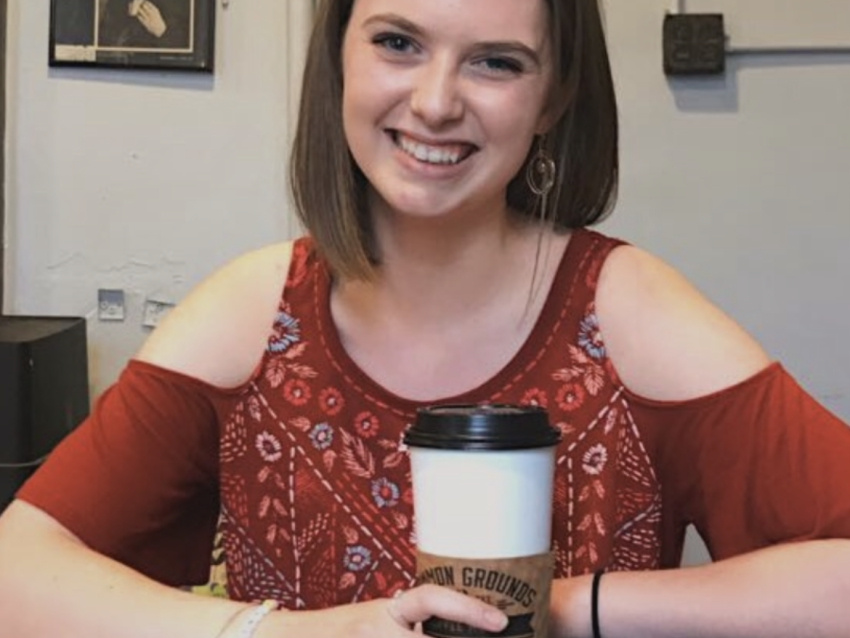
Summer Research Fellow Spotlight Shelby McCubbin
“Impostor syndrome (also known as impostor phenomenon, impostorism, etc.) refers to persistent feelings of inadequacy, even when successful. Impostor syndrome applies to anyone that believes themselves to be less competent than others’ perceptions of them. Common phrases associated with impostor syndrome are, “I just got lucky”, “I feel like a fake”, “I cannot fail”, or “It’s not a big deal” (in response to compliments following achievements). The aim of this research project is to investigate the prevalence of impostor syndrome within a community of honors students. This group specifically is being targeted because honors students are often recruited to a school due to their academic merit/achievements, yet there has not been much research regarding their mental health and personal well-being once in these programs/colleges. Along with looking for the existence/commonality of impostor syndrome, this research aims to classify the results through a socioeconomic lens, interpreting data through classifiers such as gender, race, and social class.”
Q: How did you first get interested in undergraduate research at UK?
A: "I first got involved in undergraduate research under another mentor (Dr. Robin Cooper who I'm also still researching under). I met with someone who had recently defended her PhD to ask her some questions about her research experience and what she gained from it, and she helped me connect with Dr. Cooper. I met Dr. Tuttle through a freshman honors seminar, and then proceeded to take two other courses with her because I absolutely love her and her teaching style. I reached out to her after a couple of semesters about a potential project, which I am now working on this summer."
Q: How long have you been engaged in undergraduate research?
A: "Counting my experience with Dr. Cooper, about one year now."
Q: Describe what a typical day of remote summer research activity looks like for you. How does this differ from your pre-COVID research activity?
A: "My research is predominantly focused on a literature review on Imposter Syndrome right now, so my average day is looking for new articles and then analyzing them. When I find one that I think will be good, I read over it once for initial thoughts. If it seems it'll be helpful I print it out and read it again, this time highlighting important things. I then go back and pencil in comments, before adding a summary to a Google Drive folder where I am organizing everything. Pre-COVID I was working in Dr. Cooper's lab, so I would physically go in and collect and analyze data. That research is really hard science oriented where my research with Dr. Tuttle is much more humanities focused, so it's been fun to see a new side of research."
Q: What has been the most exciting aspect of your research so far?
A: "Getting to explore a new area that has nothing to do with my major. Imposter syndrome is something I have been really interested in for a little while now, but I have never really had a reason or time to explore the topic further. I think it's going to be really cool to combine my interest in that with my passion for the Honors College, and I cannot wait to move into collecting data later on in the year."
Q: What advice would you give to other UK students thinking about doing research?
A: "You should definitely jump in! Even if you don't know what you're doing or what you're necessarily interested in, it is such a good experience and can really help you develop as a person. I have been incredibly lucky in that both of my mentors are amazing, and I love to brag on them when telling other people about the research I am involved in. I think everyone should get involved with research just because it's a great way to learn more about things that you're interested in and really put yourself out there as a student."
The UK Office of Undergraduate Research's Summer Research & Creativity Fellowship program provides undergraduates with the opportunity to study in a wide variety of disciplines while doing intensive and self-directed research under the supervision of a faculty mentor.